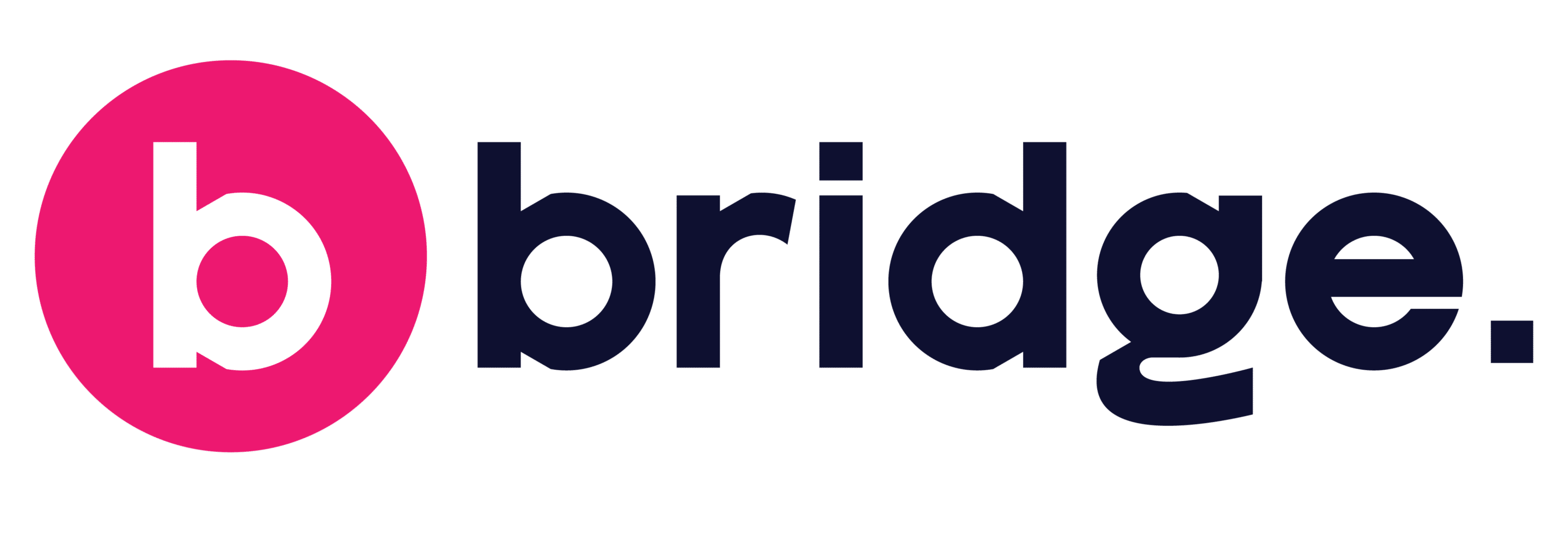In 1989, Tim Berners-Lee, a British scientist, invented what we all know today as the World Wide Web (or WWW). This ‘hypertext project’ (as it was labelled at the time), was a concept to create a ‘web’ of hypertext documents which could be viewed by browsers. Initially, Tim’s conception was a solution to meet the demand for automated information-sharing between scientists in universities and institutes around the world.
However, the WWW that we have all known to grow and love (and occasionally hate) has shifted into an everchanging landscape, and something which has far outgrown the early proposals of a young Tim.
Bridge Byte: One key thing to note is that the WWW should not be confused with the internet, while the world wide web are the pages you see when you are at a device and you’re online, the internet is the network of connected computers that the web works on.
Over the years there have been a few iterations of the WWW. From 1991-2004 there was Web 1.0: a read-only period of the internet where most sites consisted of static pages. In 2004 (or there abouts), Web 2.0 (read-write) was introduced as ‘the web as platform’ and centred largely around user-generated content: forums, blogs, social media etc.
While Web 1.0 was read-only and all of the content was owned by companies, Web 2.0 provided users a platform to share content and encourage user-to-user interaction. Around this time there was a huge uptick in the amount of people coming online and using these platforms. This led to a number of ‘Big Tech’ companies controlling a disproportionate amount of traffic generated on the web. And since these companies were able to monetise this traffic and (user-generated) content through advertising, a disproportionate amount of value.
*Web3 entered the chat*
What is Web3? – The decentralised internet of the future
First coined in 2014 by Ethereum co-founder Gavin Wood, the term ‘Web3’ refers to the concept of a ‘decentralized online ecosystem based on blockchain.’ In simple terms, Web3 is a read-write-own iteration of the WWW which no longer requires the user to place their trust in this handful of private companies. Instead through using blockchains, cryptocurrencies, and NFTs, Web3 aims to give power back to user in the form of ownership.
Why are transferable skills essential for Web3?
Web3 is a brand-new industry, as is the technology behind blockchain and crypto. Working in Web3, you will be considered in the highest echelons of the tech community, building towards a brighter, decentralised future of the web.
There is huge potential for growth within the space and many rewards to reap. Remote, flexible working is considered the norm, tight-knit tech communities and thousands of annual conferences with like-minded visionaries. Not to mention you will be working amongst the most innovative and enterprising minds in tech.
But you don’t have experience in Web3? No problem.
Just as Web3 is a brand-new industry, there are brand-new challenges which need brand-new solutions, and these brand-new solutions will need brand-new talent. Web3 is still in its infant stages and requires talent in a number of areas, from finance to tech and marketing to sales. So, fear not, there is something for everyone. Learning the basics and joining online communities can give you a head-start but to truly experience to potential in Web3, you need to get involved.
Since Web3’s inception, the talent landscape has shifted. People are leaving their roles at the ‘Big Tech’ companies in search of Web3 start-ups across the globe. Many curious minds working in the tech community now have the opportunity to pivot away from their current role and dive into something fresh and exciting.
Web3 requires a very different approach to Web 2.0 and will see the development of systems we have never seen like likes of before. Not only will you require all of the fundamentals, but you will also need to understand blockchain, wallets, crypto, smart contracts and a whole new stack including Poly.gon and Next.j.s. Confusing or exciting, just as Web 2.0 was in 2004, Web3 will undoubtedly become tomorrow’s online ecosystem so there’s no better time than now to develop your Web 2.0 skills and transfer them into skills of the future.
There’s a lot of noise around crypto, blockchain and Web3. While it can all seem a little overwhelming, you don’t have to be an expert and if you choose to look beyond the barriers and see the real-life potential in Web3, then you could find yourself pioneering the next big development in the WWW.
At The Bridge we know that our responsibility is to deliver more than ‘just’ recruitment. That’s why we’ve developed a full suite of services, ensuring that we can meet all of our client’s hiring needs. We partner with you through the full recruitment lifecycle, helping you build your teams, brand and business. Find out more…

